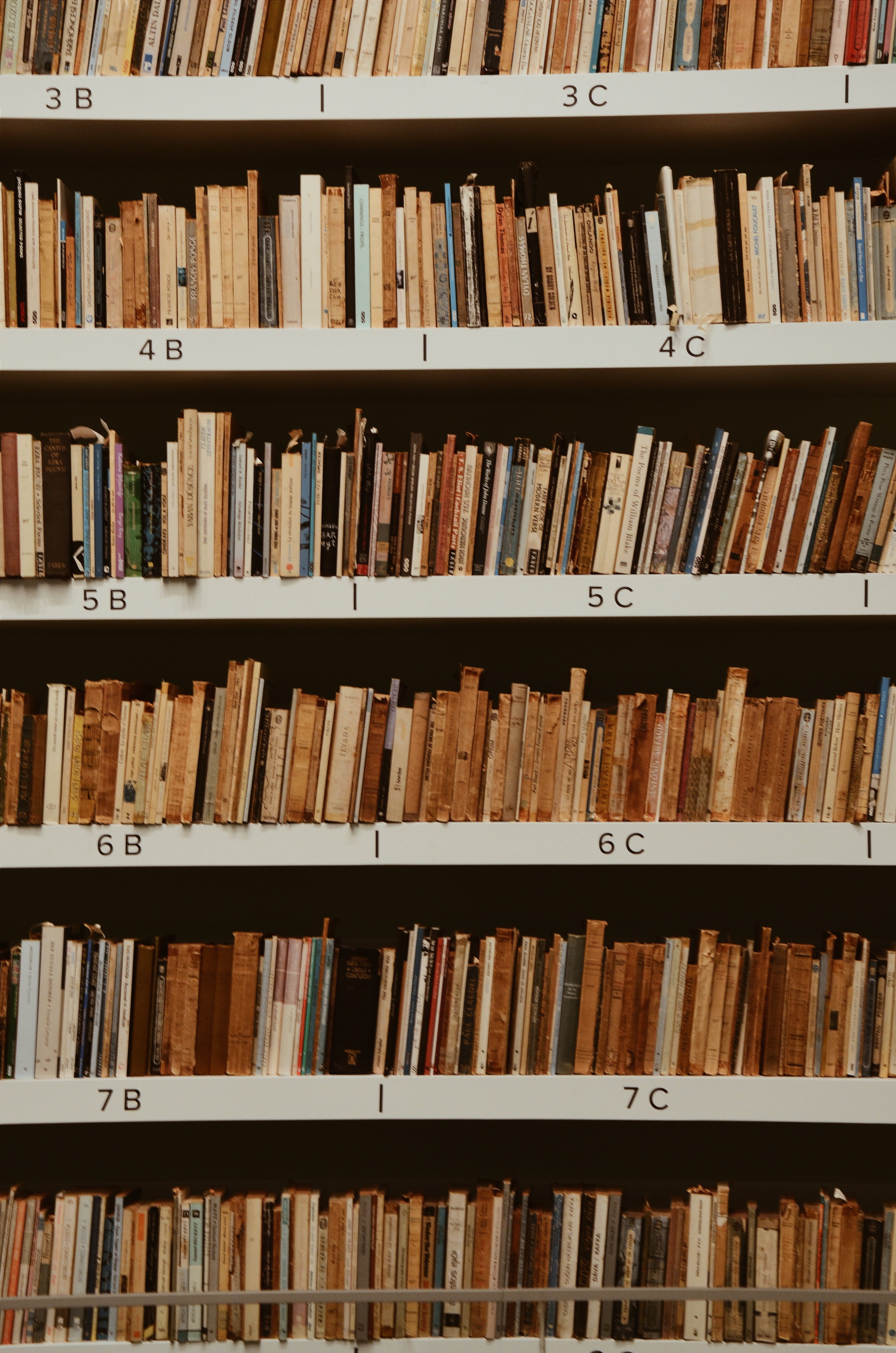Our Sponsors
UROP
The Undergraduate Research Opportunity Program (UROP) creates research partnerships between undergraduate students and University of Michigan researchers and community partners. All schools and colleges are active participants in UROP, which provides a wealth of interesting research topics for program participants. UROP started with 14 student/faculty partnerships in 1988 and has expanded to include more than 1300 students and 800 faculty researchers.
The purpose of the Undergraduate Research Opportunity Program (UROP) is to support the mission of the University of Michigan (U-M) by engaging undergraduate students in research, scholarship, and creative inquiry. UROP encourages students towards a life-long appreciation for discovery and social benefits of diversity, for building understanding across differences, and for critically examining information in the world around them. By providing opportunities for students to work on research and creative projects with University of Michigan researchers and community partners in all academic disciplines, UROP creates conditions for an equitable, inclusive, and supportive educational environment where every person feels valued and has an opportunity to add significance.
UMOR
With 19 schools and colleges and more than 200 centers and institutes, the University of Michigan is leading in research in virtually every major area of science, engineering, medicine, business, arts and humanities, public policy, and education.
The U-M Office of Research catalyzes, supports and safeguards research across all three campuses so that students, faculty, and staff can advance knowledge, solve challenging problems, create new products and scholarly work, and enhance quality of life.
As the nation’s largest public research university, the U-M Office of Research works with leaders across campus to cultivate interdisciplinary research, diversify sources of funding, improve the efficiency of research operations and strengthen partnerships with industry, government, and peer institutions worldwide.
UM Library
Consistently ranked as one of the top ten academic research libraries, the University of Michigan Library makes available an extraordinary array of resources and services. Our mission is to support, enhance, and collaborate in the instructional, research, and service activities of the faculty, students, and staff and contribute to the common good by collecting, organizing, preserving, communicating, publishing, and sharing the record of human knowledge. Expert staff are committed to helping learners and scholars tap into the full potential of these informational resources and to providing a full spectrum of assistance for research and teaching. We collaborate with students at every step in their educational career and engage with faculty and graduate students research. We provide a hub for scholarly publishing via Michigan Publishing that is responsive to scholars. Connecting students, the public, and multiple disciplines through publication of non-technical articles is opportunity to showcase student excellence and public engagement. We are delighted to share our expertise and resources with campus partners and students as part of the University of Michigan Undergraduate Research Journal.
Thanks to our Faculty Reviewers
We thank the following faculty for their contributions to ensuring quality work in the undergraduate research journal and providing guidance through feedback for all of our journal submissions.
Social Science
Ashley Gearhardt, PhD
Lorraine Gutiérrez, PhD
Life Sciences
Joanne Bailey, CNM
Lauren Smith, MD
Lynda Elghazi-Cras, PhD
Humanities
Muhammad Anjum
Math and Physics
Daniel Bergman, PhD
Thanks to our Student Interviewee
Avery Heo
Special Thanks to
Luciana Aenăşoaie
Amanda Peters
Doreen Bradley
Jason Colman
Charles Watkinson
Sean Guynes
Lauren Stachew
Rebecca Welzenbach
Eric Shaw
Alex Piazza
Nick Wigginton
Jimmy Brancho
… without whom this colossal effort would not have been possible. Thanks to each of you for your outpouring of support along the way. We would also like to thank everyone at the Department of Communication Studies, the Physics Department, the Department of Classical Studies, the Philosophy Department, and the English Department for their generous contributions to the journal.




